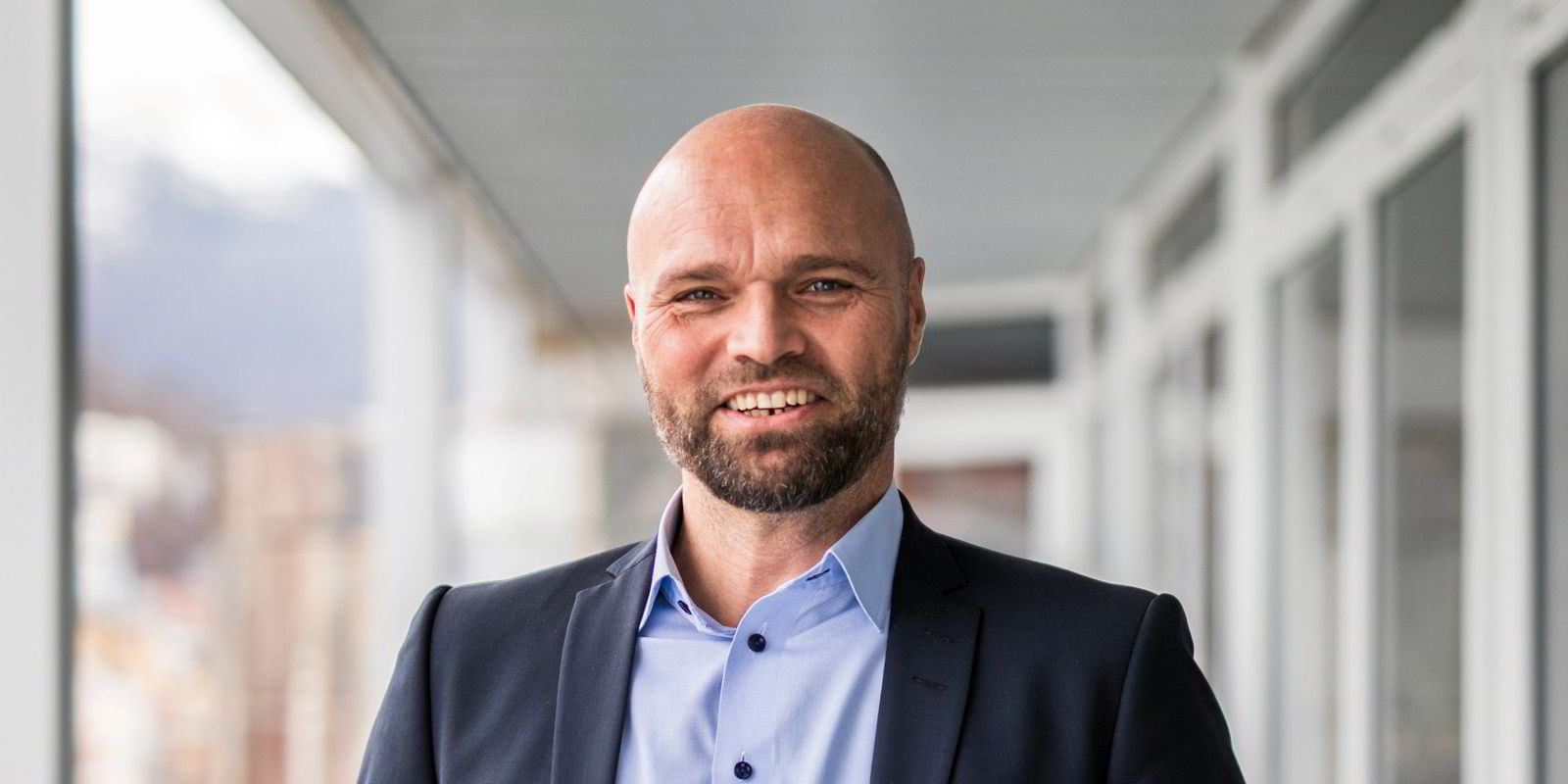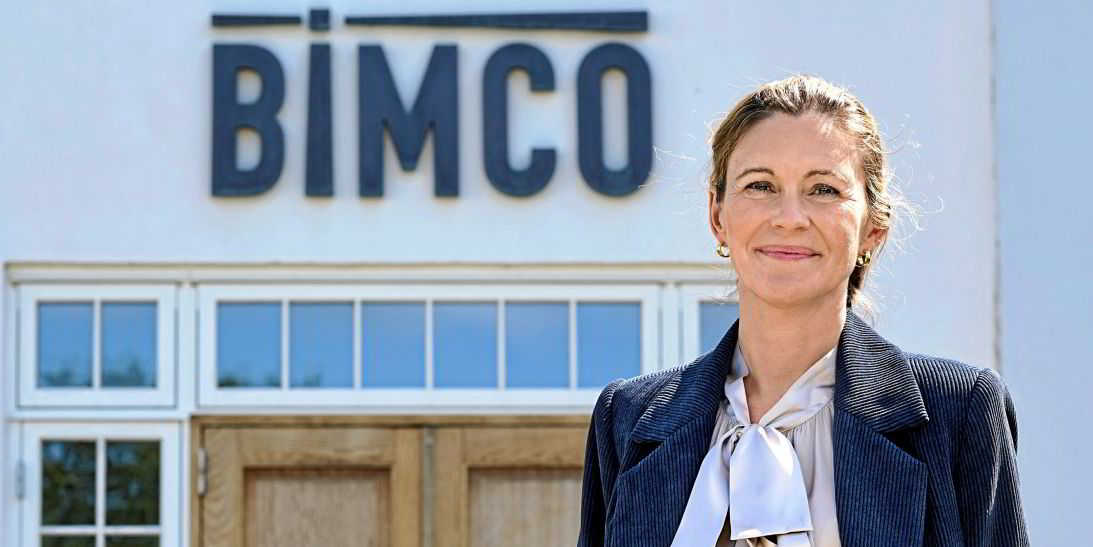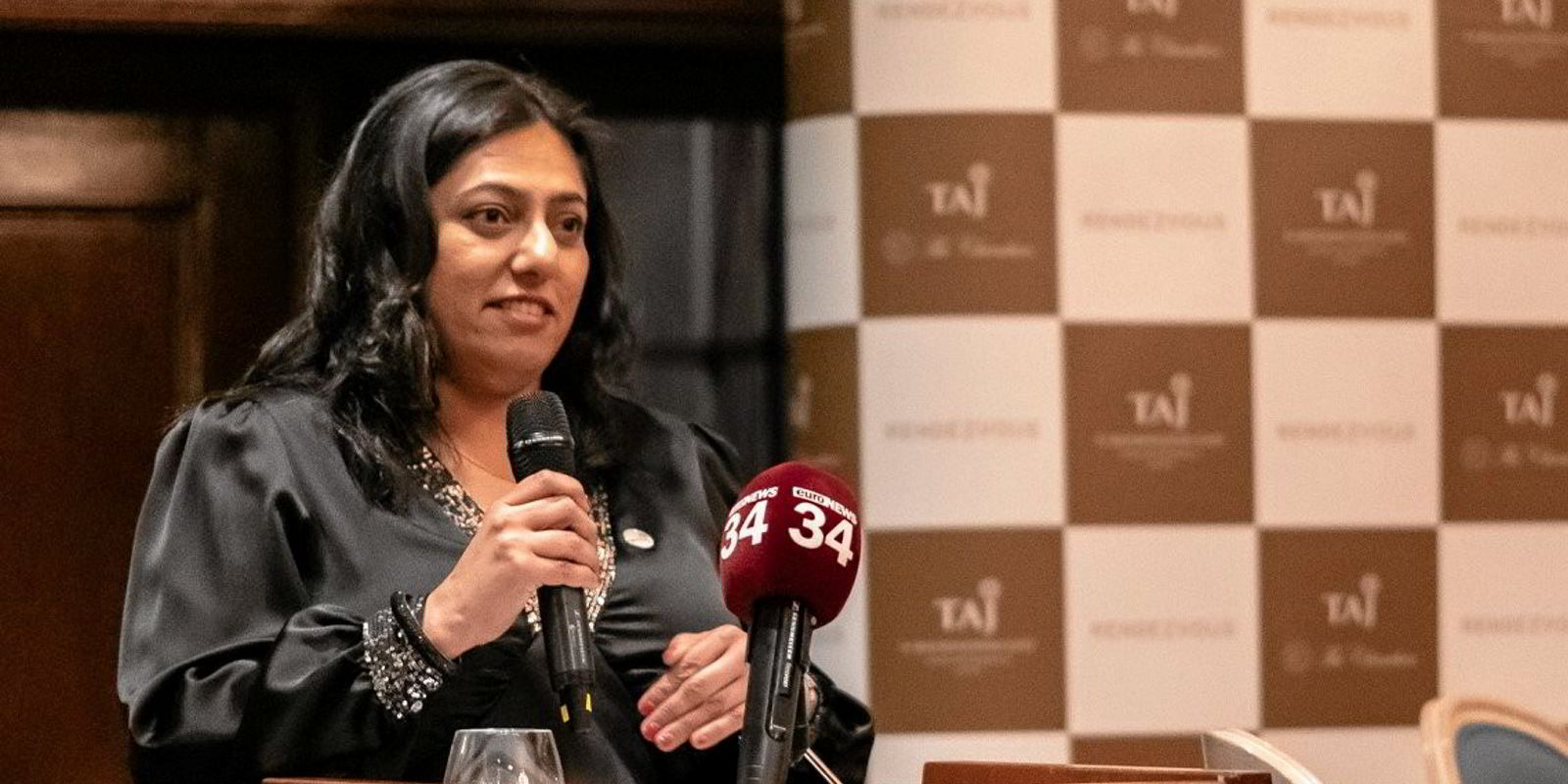Shipping needs a sea change in the way it provides medical care for its female crew members, an industry doctor argues.
Dr Jens Tulsner, chief executive and founder of Germany’s Marine Medical Solutions, said longstanding bias must be overcome because biological differences between men and women require different approaches on vessels.
The medic told TradeWinds that everybody around the globe is talking about diversity.
There are large numbers of female seafarers on cruise ships, but still a limited number in merchant shipping, although numbers are increasing.
“Everything in shipping is dedicated to men and it’s driven by men. The entire medical equipment on board for the ship is focused on men,” Tulsner said.
Marine Medical offers round-the-clock telemedicine support, with a network of trained doctors available worldwide to assist seafarers.
“We have two very engaged women in our team. I just talked with one of our potential clients. We have just spoken about some adjustments to the medical chest content. But after that meeting, it made me very much engaged in thinking about all the consequences,” the medic explained.
Tulsner noted that there is an increasing awareness about gender medicine.
“But the majority of studies are based on male volunteers or tested mostly on men,” he added.
Research has shown, however, that certain medications have different effects or levels of intensity in men and women.
For example, with urinary tract infections, the recommended antibiotic treatment for men and women is different.
So the contents of the ship’s medical chest should be modified, the doctor added.
Structured for men
Similarly, all seafarers have to pass a medical examination before boarding.
But even these are completely structured for men, Tulsner said.
Some aspects of health are female-specific, he added.
“Let’s take an example. Very simple, but lots of women face a period of pain every single month,” the CEO told TradeWinds.
“So you have to consider this. Do the women know about themselves and what is the common level of pain? Or when the pain is rising to a level that they should seek medical assistance?” he said.
Masters are trained in medical care during a week-long course every five years.
“I would say all of this is majority focused on men,” Tulsner added.
“But if I’m a captain on board a vessel, and all of a sudden I have one or two female seafarers in my crew, I do need to have a certain understanding of what the potential medical issues are,” he explained.
Women also need to know where they can seek help if they are threatened or sexually harassed, Tulsner said.
Helpline coming
“That is one of the next steps we are going to take as a company together with One Care Solutions,” the Marine Medical founder added. “We are going to establish a female support network, a helpline.”
Asked if shipowners have been receptive to his message so far, he responded: “I’d say the shipping industry in general is something quite conservative. But let’s say once there is a trend of bringing more and more women into the industry, this is something definitely that is needed.”
“That’s where we started. We are all medics. We do have a focus on this. We try step by step to convince the shipowners to join those programmes,” Tulsner concluded.
The CEO worked for many years in German hospitals, before turning to the cruise industry.
He became medical director at AIDA Cruises and vice president of medical at Costa Group.
The doctor then set up Marine Medical in 2017.







